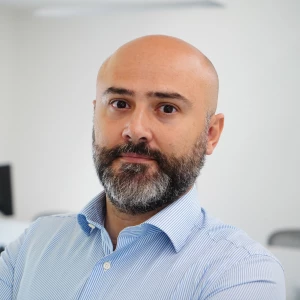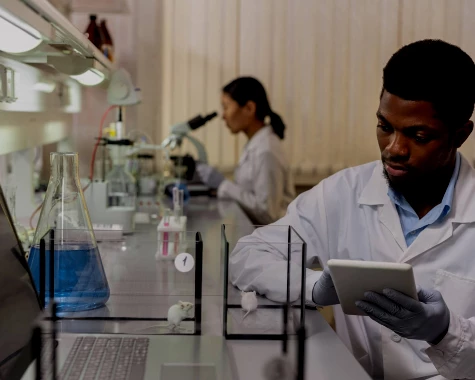The Obstacle
Health disparities persist in low-, middle-, and high-income countries around the world, limiting patient access to essential services, negatively impacting health outcomes, and hindering social and economic development.
Chiesi Group, a research-oriented international biopharmaceutical group, aimed to reduce health disparities by designing and executing initiatives that enhance disease prevention, improve early diagnosis, broaden access to care, and deliver sustained treatment for underserved populations.
Importantly, Chiesi views health disparities as both a social issue and a business opportunity. The company believes that eliminating them can not only enhance social impact but also unlock potential and drive meaningful change where it’s needed the most.
To achieve its ambitious goals, Chiesi required a clear, strategic approach to enhance prevention, diagnosis, access to care, and sustained treatment. The strategy had to be comprehensive enough to drive results across multiple countries yet targeted enough to address the specific health care needs of underserved populations.
Our Approach
Beginning in 2022, BCG worked with Chiesi to identify specific health disparities in multiple geographic contexts, and on the ground with Chiesi’s country affiliates and partners to understand and assess the challenges at a local level, identify the hurdles that were impeding progress, and address the disparities that patients, caregivers, and health care professionals faced on a daily basis.
This type of engagement at the local level allowed Chiesi to pinpoint unmet health care needs and disparities that could be addressed through specific initiatives. It also fostered trust and ensured that interventions created value for all stakeholders.
Chiesi focused on a few pilot countries before gradually scaling across the organization, starting with affiliates and ultimately aiming to involve the entire value chain. The company also developed metrics to measure the impact of its health disparity commitments—and worked more broadly across the pharmaceutical sector to shape the conversation around impact measurement.
The Result
Today, almost all Chiesi affiliates and many Chiesi partners have identified local specific disparities along the patient journey for at least one therapeutic area in which Chiesi is active.
In 2024, Chiesi’s health equity program produced impressive results for providers and patients, including the following:
- Approximately 1,220 neonatology specialists, midwives, and nurses were trained in the proper administration of surfactants and upskilled to provide appropriate care for preterm newborns and their families.
- Around 11,300 preterm newborns received adequate care in neonatal intensive care unit (NICU) settings (instead of suboptimal or no care).
- More than 24,700 respiratory specialists, general practitioners, pharmacists, and nurses received training on diagnosis and treatment of respiratory conditions.
- An estimated 222,000 patients with lung disease received improved diagnosis, care, and treatment.
Looking ahead, Chiesi is committed to expanding the geographical reach of its health disparity efforts—engaging more countries where it operates and addressing a broader range of therapeutic areas.
At the same time, the company is enhancing its health disparity strategy with a more ambitious and comprehensive approach, seeking innovative solutions to tackle disparities more effectively. This includes integrating social and environmental determinants of health—non-medical factors, such as the conditions in which people are born, grow, work, live, and age—into its patient-centric framework. By doing so, Chiesi can identify and collect data more effectively on vulnerable populations while maximizing the impact of its initiatives.










